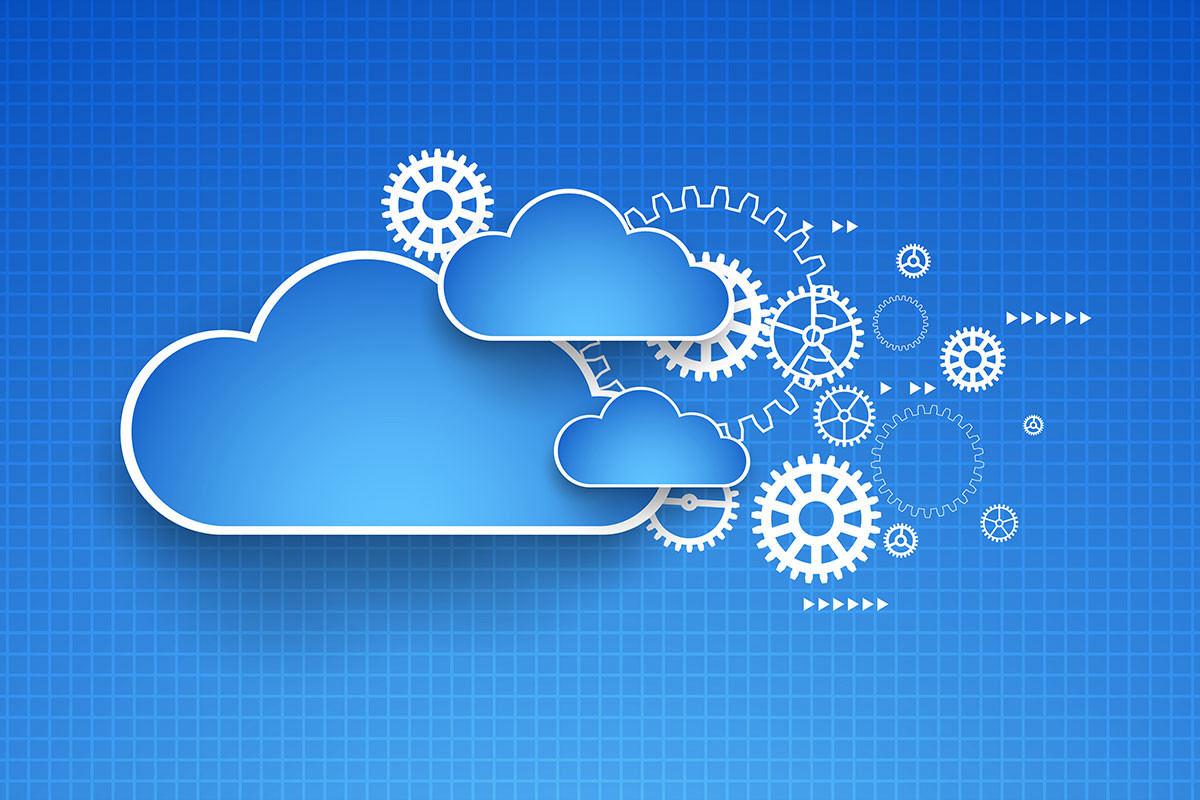
Cloud-based ERP (Enterprise Resource Planning) systems are modern software solutions designed to streamline and optimize various business processes within an organization. Unlike traditional on- premises ERP systems, cloud-based ERPs operate on remote servers hosted by third-party providers, accessible over the internet. Cloud-based ERP (Enterprise Resource Planning) systems have been successful and widely adopted by organizations of various sizes, including small, medium, and large enterprises.
Here are some reasons why cloud-based ERP systems have gained popularity and can be successful: Accessibility and Flexibility: Cloud-based ERP systems are accessible from anywhere with an internet connection. This flexibility is especially valuable for businesses with remote or distributed teams. Cloud-based ERP systems allow authorized users to access the system and relevant data from anywhere with an internet connection. This is particularly beneficial for businesses with remote or distributed teams, as well as for employees who need to access data while on the go.
Scalability: Cloud-based ERP solutions allow businesses to scale up or down easily based on their changing needs. They can add or remove resources and features without the need for major infrastructure changes.
Lower Initial Investment: Cloud-based ERP eliminates the need for large upfront hardware and software investments. Instead, businesses pay for the services they use on a subscription basis. This subscription model allows organizations to spread out their costs over time and avoid the initial capital expenditure associated with traditional on-premises ERP systems. As a result, businesses can allocate their resources more efficiently and redirect their investments into other strategic initiatives. This cost structure also makes cloud-based ERP systems particularly attractive to small and medium-sized enterprises that might have budget constraints or limited IT resources.
Reduced IT Burden: Maintenance, updates, and technical support are typically managed by the ERP provider, reducing the burden on internal IT teams.
Quick Deployment: Cloud-based ERP systems can be deployed faster compared to traditional on-premises solutions, which require extensive setup and configuration.
Security Measures: Reputable cloud ERP providers implement robust security measures, data encryption, and compliance standards to protect sensitive business information.
Automatic Updates: Cloud-based ERP systems usually receive automatic updates, ensuring that businesses have access to the latest features and security enhancements.
Remote Collaboration: Cloud ERP allows teams to collaborate seamlessly, regardless of geographic locations, which is particularly beneficial for global enterprises. The accessibility of cloud-based ERP systems supports the growing trend of remote work. Employees can access the ERP system from their homes, co-working spaces, or while traveling, ensuring that business operations continue seamlessly.
Disaster Recovery: Disaster recovery is a significant advantage of cloud-based ERP systems. These systems often come with built-in disaster recovery capabilities that ensure data backup and support business continuity in the face of unexpected disruptions. Cloud-based ERP systems automatically back up data to secure remote servers. In the event of data loss due to hardware failures, cyberattacks, or natural disasters, businesses can restore their critical information quickly.
Integration: Integration is a key strength of cloud ERP systems. These systems are designed to seamlessly integrate with other cloud-based applications and services, enabling a more interconnected and efficient business environment. Cloud ERP systems provide Application Programming Interfaces (APIs) that allow different software applications to communicate and share data. This enables businesses to connect their ERP system with various other tools, such as Customer Relationship Management (CRM), e-commerce platforms, human resources software, and more.
Vendor Expertise: Cloud ERP vendors specialize in providing ERP solutions, leveraging their expertise to ensure optimal system performance and functionality.
Predictable Costs: Cloud-based ERP solutions typically come with predictable subscription-based costs, which greatly aids in budgeting and financial planning for businesses. Unlike traditional on-premises systems, where costs can be less predictable due to factors like hardware maintenance, upgrades, and unexpected IT expenses, cloud-based ERP systems offer a clearer and more consistent financial picture. With subscription fees covering software licensing,
maintenance, updates, and often customer support, organizations can better forecast their expenses and allocate resources accordingly. This predictability helps businesses maintain financial stability and make informed decisions about their technology investments.
While cloud-based ERP systems offer numerous benefits, it's essential for businesses to carefully evaluate their specific needs, requirements, and the capabilities of potential ERP providers. Success depends on selecting the right solution that aligns with the organization's goals and operational strategies.

